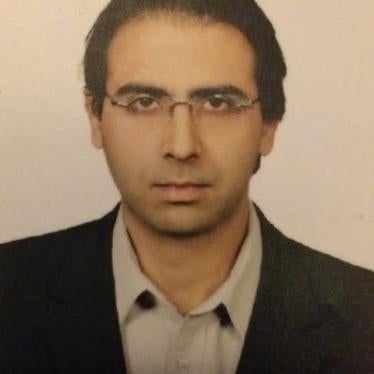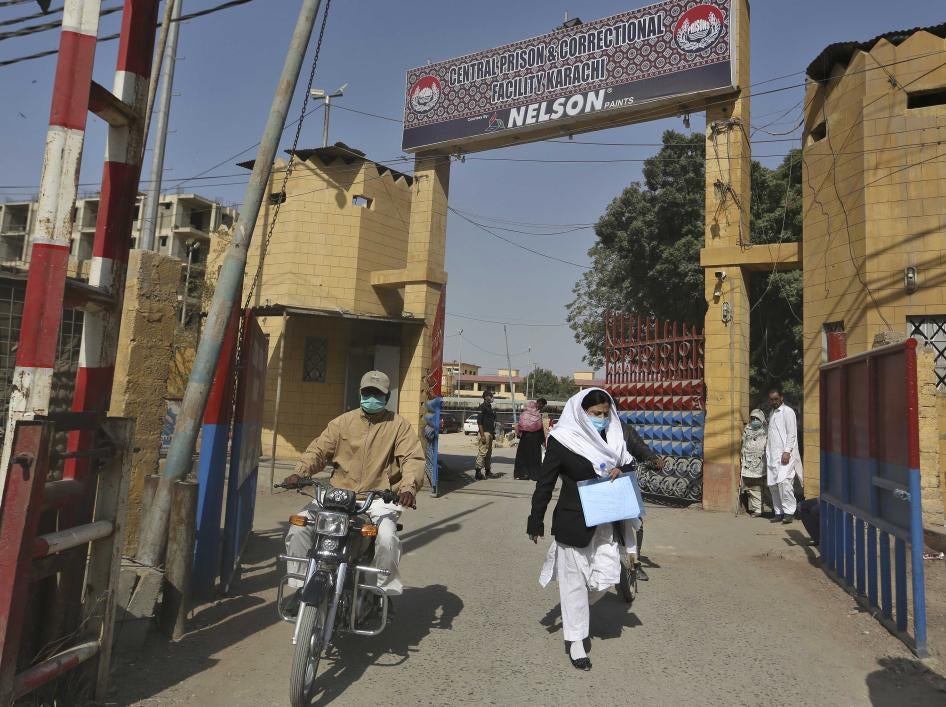Finally, top government officials in Pakistan are taking some steps to improve the well-being of prisoners.
Historically, prisons in Pakistan are severely overcrowded, and prisoners lack access to legal assistance and adequate health care, food, and other necessities.
On April 21, during the Muslim holiday of Eid al-Fitr, Prime Minister Shehbaz Sharif visited the Lahore Central Prison in Punjab province. He also inspected the healthcare facilities and kitchen for women prisoners.While visiting the prison hospital, he directed measures to improve sanitation and access to health care. He also ordered a dedicated hospital for the prison and expressed his intention for prison reform throughout the country, using Lahore Central Prison as a pilot project.
Three weeks earlier, on March 30, the Punjab government introduced prison reforms, allocating greater resources to access to health care, food, sanitation, and prisoners’ redress.
These hopeful steps followed Human Rights Watch’s release on March 29 of our report, “A Nightmare for Everyone,” on the dire prison conditions in Pakistan, focusing significantly on Punjab, Pakistan’s most populous province. The reforms also followed strategic advocacy by Human Rights Watch and local partners – Justice Project Pakistan, the Legal Aid Society, Lahore University of Management Sciences, and the Human Rights Commission of Pakistan. The Punjab government noted the report during the announcement of its reform measures.
In one stark example of the severely overcrowded and unsanitary prison conditions, in December 2021 six prisoners in Lahore’s Camp Jail died within 12 days of being taken into custody. Despite freezing temperatures the cells lacked heating and the prison provided no warm clothing for inmates. The prisoners’ health deteriorated by the facility had no healthcare personnel at the facility at the time.
Poor health care intersects with a range of other rights abuses against prisoners, including torture and mistreatment, and reflects a broken judicial system. Corruption among prison officials and impunity for abusive conduct contribute to serious human rights abuses.
Human Rights Watch research found that Sindh was the only province in the country with prison rules and regulations in line with international standards.
Human Rights Watch’s report included a series of recommendations to Pakistan’s provincial and federal governments to bring about systematic change to improve prison conditions. These include adequate medical facilities and equipment in the prison, and measures to reduce overcrowding and improving sanitation facilities. These recommendations mirror those given by Prime Minister Sharif when he visited the Lahore Central Prison on Eid.
It’s crucial that Pakistan’s authorities implement the reforms being promoted. Human Rights Watch will follow up with the government to ensure prisoners’ lives genuinely improve.









